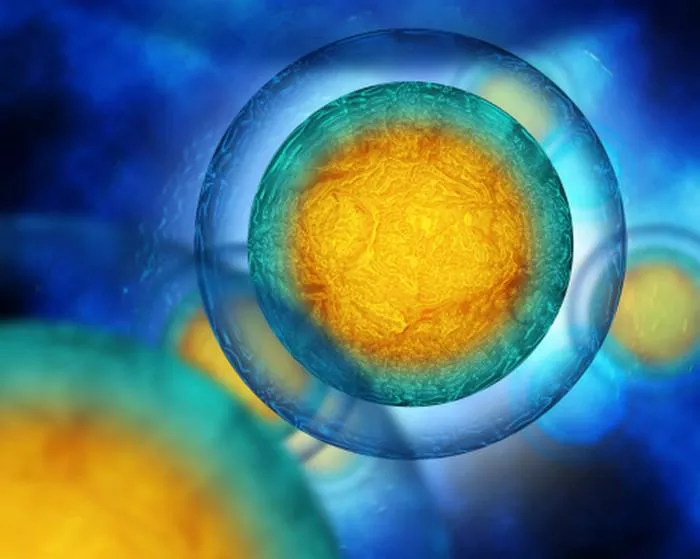Infertility is a deeply personal and often challenging journey that many couples face on their path to parenthood. When confronted with the news that your boyfriend is infertile, it can evoke a range of emotions and uncertainties about the future. However, it’s important to remember that infertility is a shared experience, and there are numerous strategies and options available to navigate this journey together. In this comprehensive guide, we delve into the complexities of male infertility, discuss the importance of medical evaluation and treatment options, explore alternative paths to parenthood, highlight the importance of emotional support and counseling, address legal and ethical considerations, and offer advice on lifestyle changes to improve fertility.
Understanding Male Infertility
Male infertility is a condition characterized by the inability of a man to impregnate a fertile female partner despite regular unprotected intercourse. While infertility is often perceived as a female issue, male factors contribute to approximately 40-50% of infertility cases. Common causes of male infertility include:
Low Sperm Count: A low sperm count, also known as oligospermia, occurs when the concentration of sperm in a man’s ejaculate is below the threshold for fertility.
Poor Sperm Motility: Sperm motility refers to the ability of sperm to swim effectively toward the egg for fertilization. Poor sperm motility can impair the sperm‘s ability to reach and penetrate the egg.
Abnormal Sperm Morphology: Abnormal sperm morphology refers to the size, shape, and structure of sperm. Sperm with abnormal morphology may have difficulty fertilizing an egg.
Hormonal Imbalances: Hormonal imbalances, such as low testosterone levels or elevated levels of estrogen, can affect sperm production and fertility.
Reproductive System Disorders: Conditions such as varicocele (enlarged veins in the scrotum), infections, or genetic abnormalities can interfere with sperm production or function.
Understanding the specific factors contributing to male infertility is essential for developing an appropriate treatment plan and optimizing the chances of conception.
Medical Evaluation
A thorough medical evaluation is the first step in addressing male infertility and understanding the underlying causes. The evaluation may include:
Physical Examination: A comprehensive physical examination, including an assessment of the genitals and reproductive organs, can help identify any anatomical abnormalities or signs of reproductive disorders.
Semen Analysis: Semen analysis is a diagnostic test used to evaluate the quantity, quality, and motility of sperm in a man’s ejaculate. Semen analysis provides valuable information about sperm count, motility, morphology, and other parameters that may impact fertility.
Hormone Testing: Blood tests may be conducted to measure hormone levels, such as testosterone, follicle-stimulating hormone (FSH), luteinizing hormone (LH), and estradiol. Hormone testing can help identify hormonal imbalances that may affect sperm production and fertility.
Genetic Testing: Genetic testing may be recommended to identify genetic abnormalities or chromosomal defects that could contribute to male infertility.
A comprehensive medical evaluation allows healthcare providers to identify potential barriers to conception and recommend appropriate treatment options tailored to the individual’s specific needs.
Lifestyle Changes
While medical treatments play a crucial role in addressing male infertility, lifestyle changes can also impact fertility health. Encouraging your partner to adopt healthy lifestyle habits, such as maintaining a balanced diet, exercising regularly, avoiding tobacco and excessive alcohol consumption, managing stress levels, and maintaining a healthy weight, can help optimize fertility and improve overall reproductive health.
Conclusion
In conclusion, navigating male infertility as a couple requires patience, understanding, and open communication. By understanding the causes and implications of male infertility, undergoing a thorough medical evaluation, exploring available treatment options, considering alternative paths to parenthood, seeking emotional support and counseling, addressing legal and ethical considerations, and making lifestyle changes to improve fertility health, couples can navigate the challenges of infertility with resilience and hope.


























